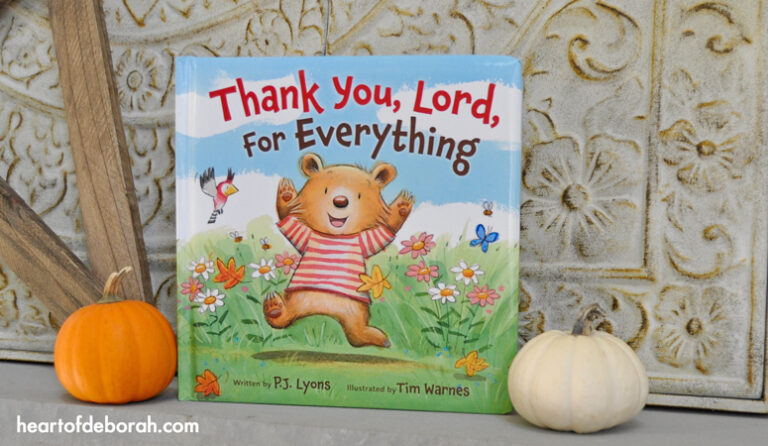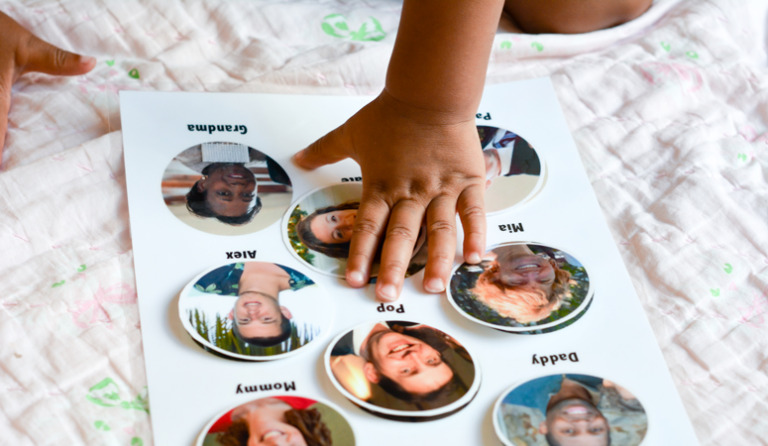Developing Coping Skills: Part 1
Before I became a mother I was a school psychologist. Many people aren’t sure what school psychologists do. My days were often different, but here is a small snapshot of what I dealt with as a school psychologist: counseling groups, educational and intellectual testing, IEP meetings, developing positive behavior supports plans, and the list could go on. One of my favorite topics in counseling groups was coping skills. In part 1 in this series, I am going to explain what coping skills are and why I believe they are so important. In part 2, I share some of my favorite resources for parents.
What is a coping skill?
- It’s how you deal with an adverse or difficult situation. What is your initial reaction? How do you navigate your way through an experience that you have little control over?
- Coping skills help you deal with adversity. The UCLA dual diagnosis program offers some examples of coping strategies: problem solving, humor, venting, etc.
- People can develop effective coping skills such as using problem solving skills, knowing when to ask for help, talking through situations or exercising to release frustration.
- People can also develop maladaptive coping skills such as self-harm, using illegal drugs or engaging in self-blame. This can sometimes lead to depressed feelings.
Why are coping skills important?
- It can change your life!
- Maladaptive coping skills may lead to a destructive and unhappy life.
- If you learn appropriate coping skills from a young age you can effectively deal with most situations in life.
- I believe positive coping strategies can lead to personal joy and satisfaction, healthy relationships and the ability to deal with day to day stress.
So How Do You Develop It?
- In part 2 I am going to go in-depth about methods and tools to develop coping skills in children. But for now I want to explain some things I have noticed along the way. Not every child needs to be taught coping skills explicitly. Some children observe, engage in trail and error and take advice from others to eventually develop positive problem solving skills. However, some children aren’t sure how to navigate difficult situations and may benefit from more direct teaching of coping skills such as positive self-talk.
I’d love to hear about your experiences with coping skills. Do you think it should be taught to every child? What have you found effective in developing coping skills in your children?
Lastly, I leave you with a picture of me swimming in college. Reflecting back, I didn’t love the 5 AM morning practices, but I believe I learned so much about life, stress and time management by participating in a sport.










2 Comments